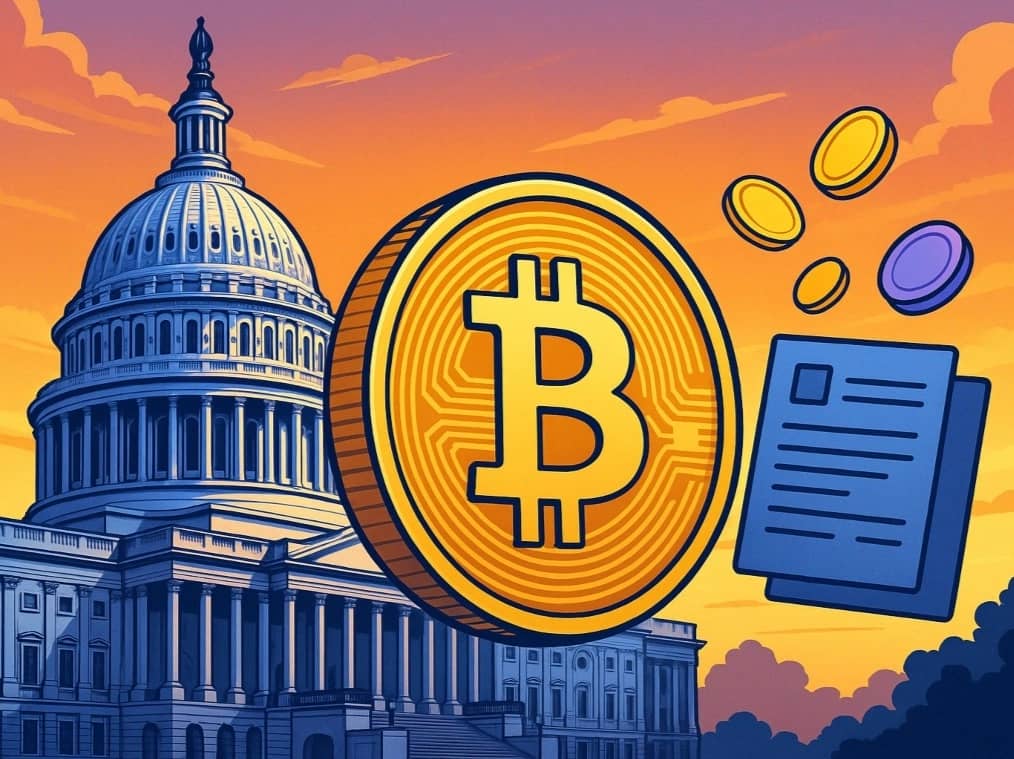위키 구독하기
Share wiki
Bookmark
Crypto Week
에이전트 토큰화 플랫폼 (ATP):에이전트 개발 키트(ADK)로 자율 에이전트 구축
0%
Crypto Week
크립토 위크는 2025년 7월 14일 주간에 발표된 미국 하원의 입법 이니셔티브로, 디지털 자산에 대한 규제 프레임워크를 구축하고 암호화폐 혁신 분야에서 미국의 글로벌 리더십을 확고히 하기 위한 핵심 법안을 추진하는 것을 목표로 합니다. [1].
개요
이 이니셔티브는 하원 금융 서비스 위원회 위원장 프렌치 힐, 하원 농업 위원회 위원장 GT 톰슨, 하원 지도부에 의해 발표되었습니다. 주요 목표는 디지털 자산에 대한 명확하고 포괄적인 규제 환경을 조성하여 소비자 및 투자자 보호, 스테이블코인 규제, 미국 중앙은행 디지털 통화(CBDC) 발행 방지에 중점을 두는 것입니다. 이러한 추진은 미국을
잘못된 내용이 있나요?
